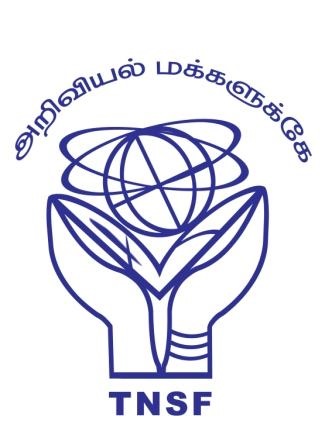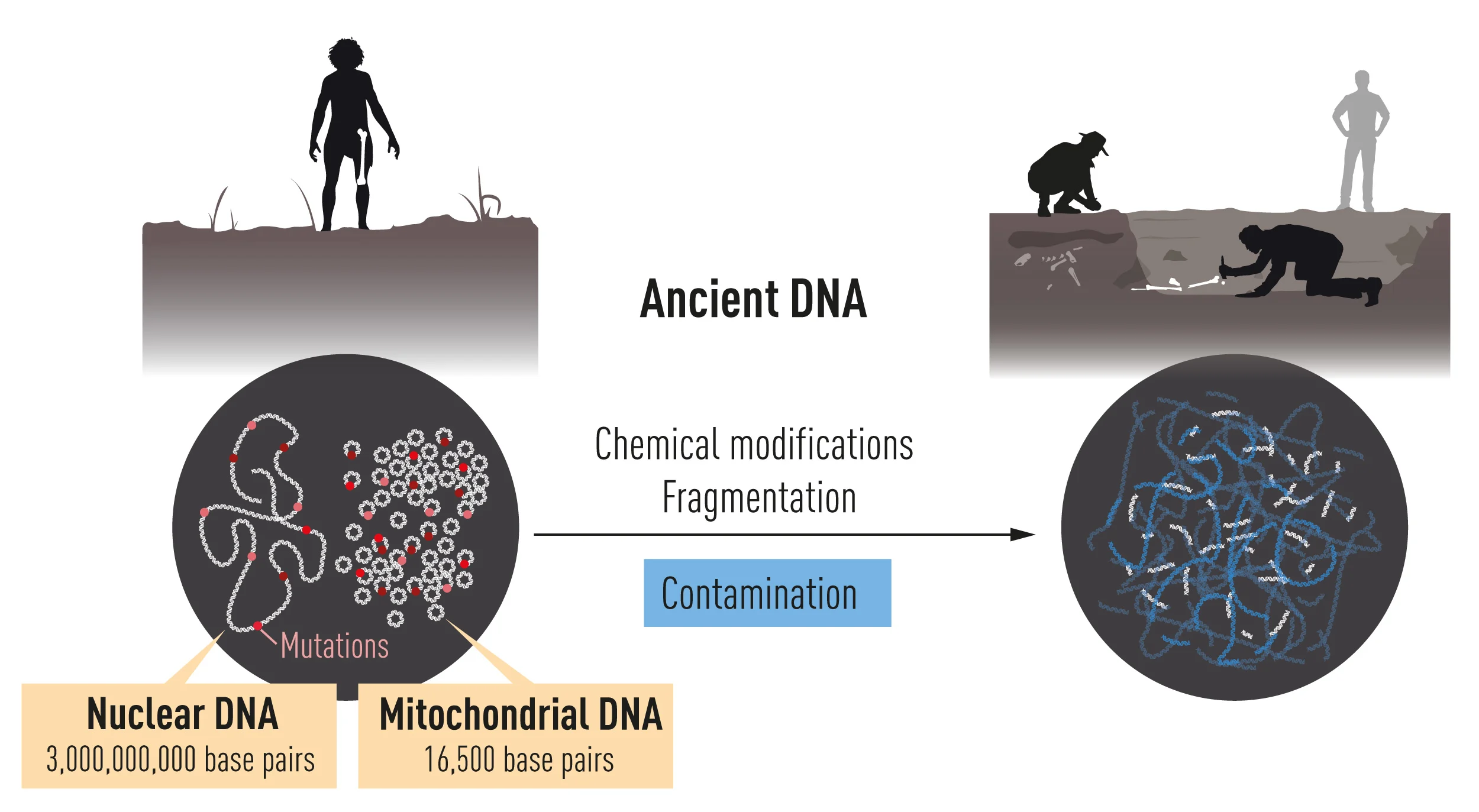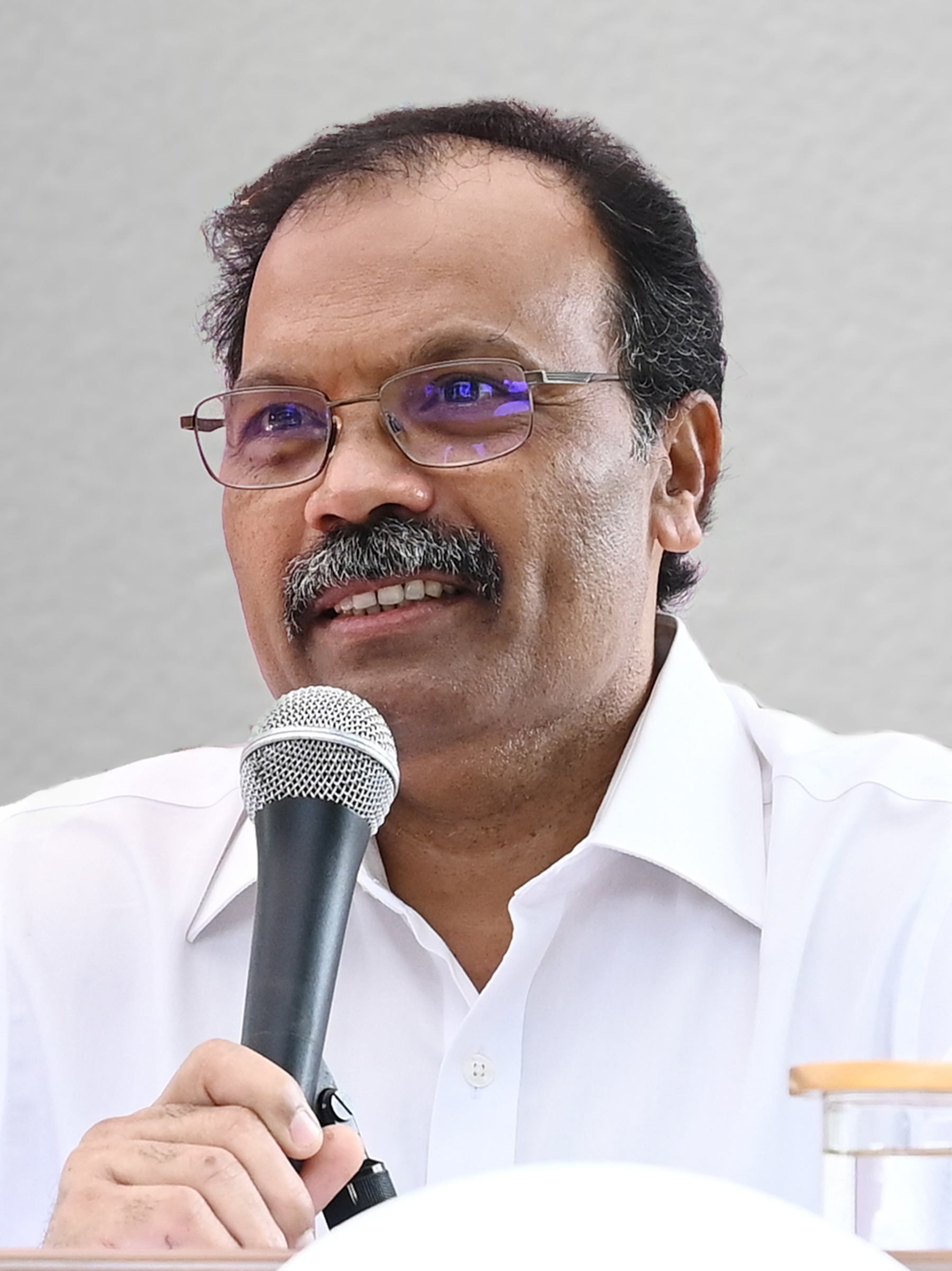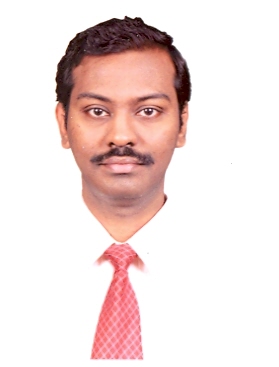About Program

This is part of its efforts to popularize science to the general public and students who are pursuing science as their career. TNSF attempt to focus on students on higher science as everyone knows that learning of science at college within the curriculum is not enough to acquire holistic knowledge of science at the appropriate time. Hence, to fill the gap between what students are acquiring through the curriculum and what it is required, TNSF is planning its activities on higher science to students who are pursuing higher education.

About the Lecture Humanity has always been intrigued by its origins. Where do we come from, and how are we related to those who came before us? What makes us, Homo sapiens, different from other hominins? The answer shall be obtained if we are able to sequence the genome of Sapiens and Hominins. Sequencing the genome of Sapiens was accomplished but sequencing the genome of Extinct species like Hominins is a challenge. Svante Pääbo, met this challenge and invented an ingenious method for the sequence of Extinct species such as Neanderthals and Denisovans. He has been awarded the Nobel Prize in Medicine for the year 2022 for his discoveries concerning the genomes of extinct hominins and human evolution. This lecture covers the work of Svante Pääbo

